SUMMARY
This is AI generated summarization, which may have errors. For context, always refer to the full article.
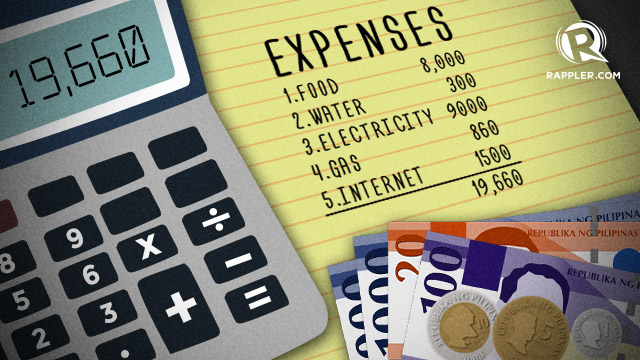
MANILA, Philippines – Filipinos have grown less confident about their finances towards the end of 2013.
One of the main reasons: the rising costs of goods and services.
The year saw several calamities that affected supply of goods, putting pressure on prices. There were adjustments in the rates charged by utilities. And higher taxes forced some companies to charge more for their products.
While higher costs largely affected the spending habits of consumers this year, incidents that changed the way they feel about certain brands were also a factor.
For the year ahead however the central bank expects consumers’ sentiment to improve.
That suggests spending on basic items and big-ticket ones such as properties and travel will also be “upbeat.”
Below are some stories that had a big impact on consumers this year.
5. Higher ‘sin’ taxes

Higher taxes on so-called sin products, cigarettes and alcohol, dampened the New Year party spirit this year when they were introduced on January 1 as part of a government bid to boost finances and improve health conditions of the poor.
But even before the official implementation of Republic Act 10351 or the restructured sin tax law, many stores started selling tobacco and alcohol drinks at inflated prices, hitting partygoers in the pocket.
The law seeks to gradually double taxes on cigarettes to P30 per pack by 2017. Taxes on alcohol will also go up gradually, with the price of a bottle of beer increasing by P23.50 by the same year.
Civil society groups say it’s too early to measure the health impact of the law as consumption remains high.
4. Adjustment in water rates
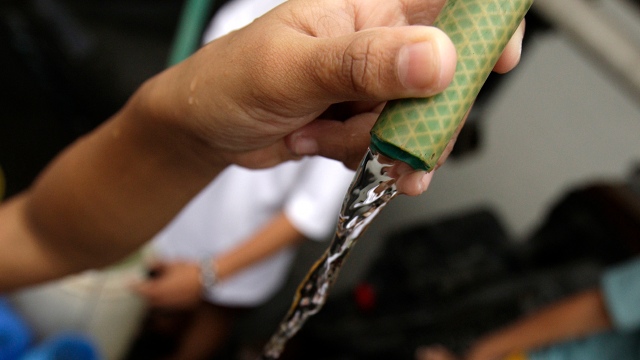
For the first time since water services in Metro Manila were privatized in 1997, regulator MWSS ordered a reduction in the rates that water distributors Manila Water and Maynilad charge their customers.
MWSS disallowed several “unsubstantiated” items in the operating and capital expenditure reports of both companies, leading to the rate cut.
The companies are disputing the MWSS order before international arbitration courts.
This means current rates still apply and will only change depending on the results of the proceedings.
3. Airline safety concerns
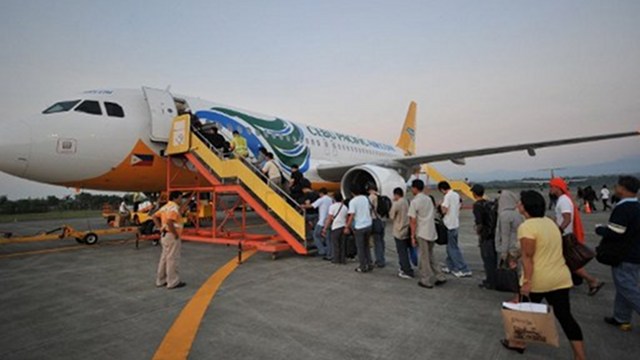
It was always a question among travelers this year – how safe is my airline?
Although it has been years since a commercial plane crash was recorded in the Philippines, safety concerns were high this year after two budget carriers were sanctioned or subjected to heightened surveillance by regulators due to “breaches.”
In a surprise move in August, CAAP grounded the fleet of low-cost carrier, Zest Air, for several violations of safety regulations. Zest Air lost around P70 million revenues, while around 7,000 passengers were affected on each day the airline’s license was suspended.
In June, a Cebu Pacific plane skidded off the Davao International Airport runway and got stuck in muddy ground amid bad weather. No one was hurt, but the incident forced the airport to close for days. Two weeks later, another Cebu Pacific plane was involved in an accident at the NAIA airport. The pilots were suspended by CAAP. The airline’s operations came under close scrutiny.
Ironically, the accidents happened as the Philippines won a favorable decision from the European Union regarding a ban that prevented local carriers from flying to the 28-nation bloc.
Citing the country’s efforts in addressing aviation safety concerns, EU partially lifted the ban, allowing legacy carrier Philippine Airlines to mount flights to Europe. PAL started flying to London in November.
2. Low supply, higher prices of goods
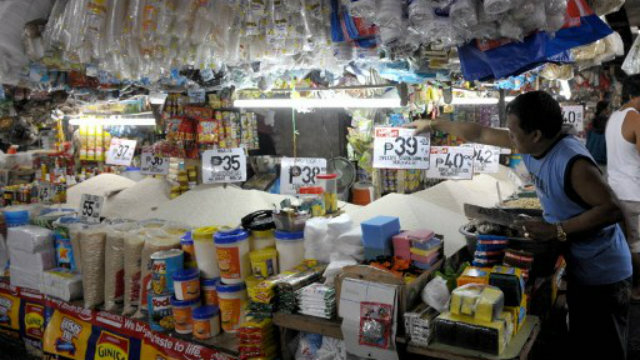
Consumers saw an uptick in commodity prices due to bottlenecks in the supply chain following massive damage caused by Super Typhoon Yolanda (Haiyan) in key food-producing areas in the Visayas.
Yolanda struck in November, wiping out entire towns. It killed at least 5,000 people and left billions of pesos worth of damage to infrastructure and agriculture.
The areas worst hit by thy typhoon accounted for a third of the country’s rice production.
1. Spike in electricity bills
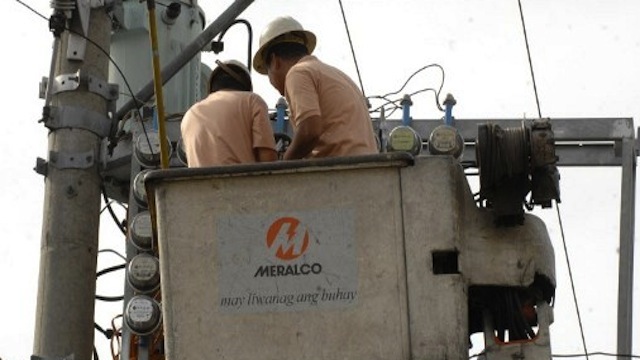
Angering Luzon consumers, Meralco imposed a P4.15-per-kilowatt-hour increase in power rates this month – the highest in history.
Meralco blamed the increase on the spike in the generation charge as a result of the shutdown of the plants where it sources its power requirements.
Consumers however breathed a sigh of relief when the Supreme Court issued early this week a temporary restraining order, stopping Meralco from implementing the rate hike.
Meralco promised to comply with the court decision and refund customers who were billed using the new rates. – Rappler.com
Add a comment
How does this make you feel?
There are no comments yet. Add your comment to start the conversation.